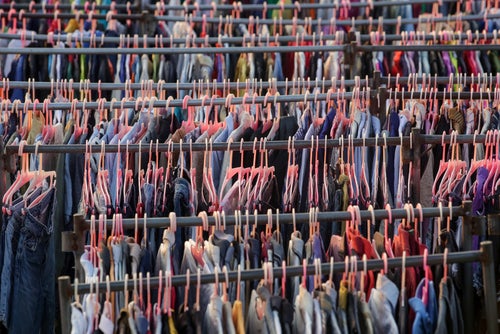
The UK government is conducting ongoing research to develop options for a textiles policy framework that includes EPR and it is said to be committed to engaging stakeholders on these options by the end of this year.
The UK Government’s Resources & Waste Strategy for England report identified textiles as being one of five priority sectors for a potential EPR scheme alongside chemicals, construction, food and metals. The report defines the textiles sector as including at least all clothing, as well as other household and commercial textiles such as bed linens.

Discover B2B Marketing That Performs
Combine business intelligence and editorial excellence to reach engaged professionals across 36 leading media platforms.
The Government’s draft Waste Prevention Programme for England that was published for consultation in March 2021 is also said to affirm its commitment to an EPR scheme and sets out its consultation approach.
The Government is already showing its commitment towards reducing waste within the fashion sector by starting engagement with stakeholders on the Textiles 2030 initiative.
Textiles 2030, which was launched in April 2021 by WRAP (Waste and Resources Action Programme) is a ten-year voluntary clothing and textile waste initiative to try to slash the environmental impact of UK clothing and home fabrics through practical interventions along the entire textiles chain.

US Tariffs are shifting - will you react or anticipate?
Don’t let policy changes catch you off guard. Stay proactive with real-time data and expert analysis.
By GlobalData




